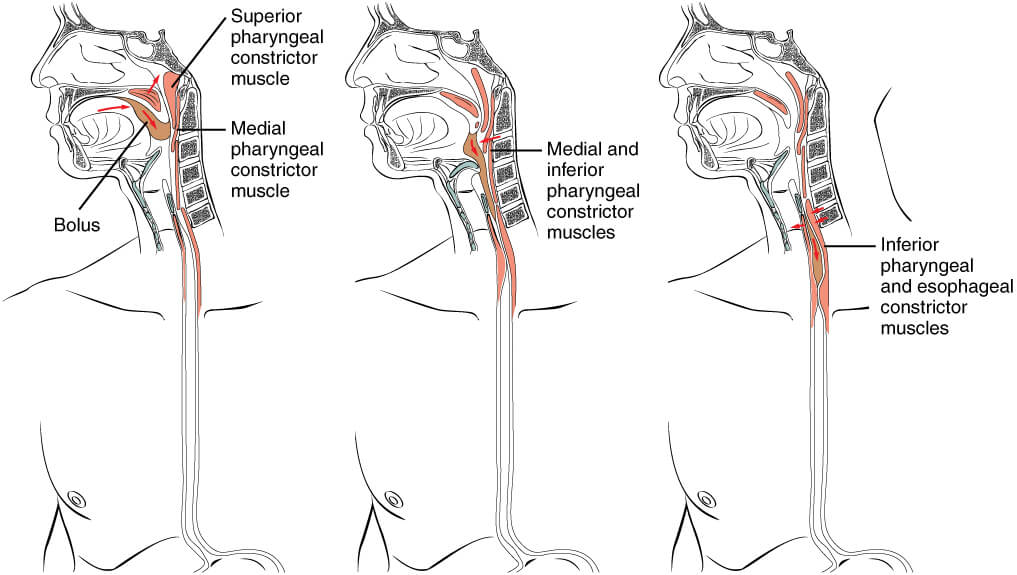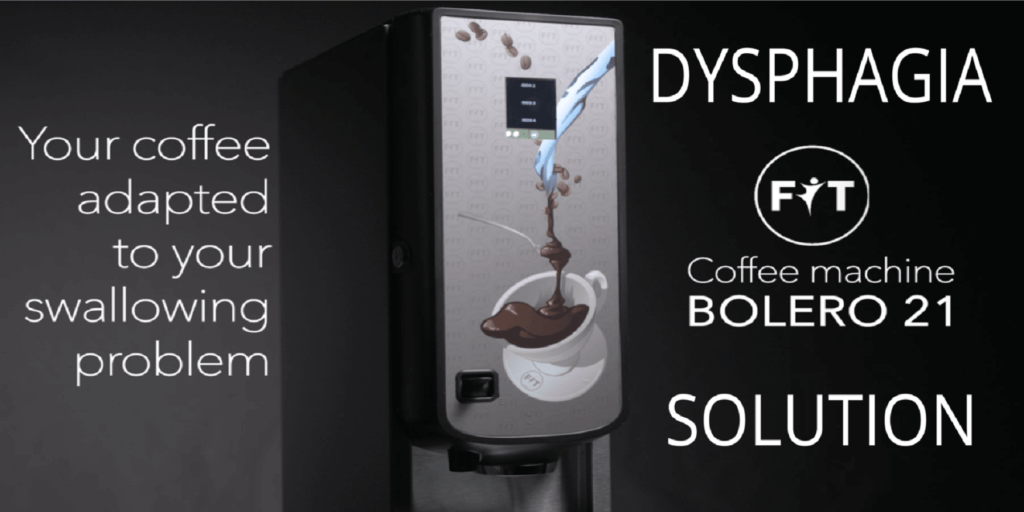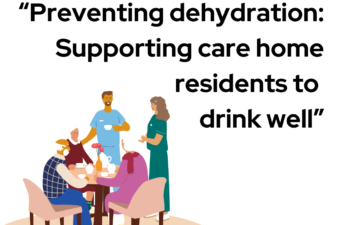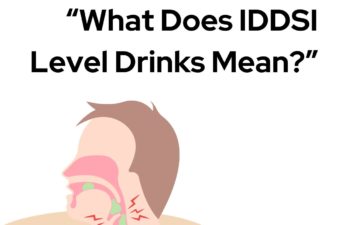Dysphagia, or difficulty in swallowing, can impact a person’s ability to eat, drink and sometimes even speak[^1^]. In the UK, the National Health Service (NHS) offers a wealth of resources and support to individuals dealing with this condition, providing comprehensive care and guidance.

Identifying Dysphagia
The first step towards managing dysphagia is understanding its symptoms. According to the NHS, these may include[^2^]:
- Difficulty swallowing certain foods or liquids.
- A feeling of food being stuck in the throat or chest.
- Pain while swallowing.
- Unexpected weight loss.
- Persistent coughing or choking during or after eating or drinking.
Possible Causes of Dysphagia
The NHS identifies various potential causes for dysphagia, which can be broadly categorized into[^3^]:
- Oropharyngeal dysphagia: Problems in the mouth or throat causing difficulties in moving food from the mouth to the oesophagus. This type is usually due to neurological conditions like stroke or neurodegenerative diseases.
- Oesophageal dysphagia: Issues in the oesophagus itself, including conditions like Gastroesophageal Reflux Disease (GERD), oesophageal cancer, or a narrowed oesophagus.
Treating Dysphagia
Once diagnosed, the treatment for dysphagia varies according to the underlying cause and may include[^4^]:
- Speech and language therapy to learn new swallowing techniques.
- Dietary changes such as modifying the texture of food and drink.
- Medication to treat underlying conditions causing the dysphagia.
- In some cases, surgery may be necessary.

Innovations to Aid Dysphagia
To assist those with dysphagia, innovative solutions like the Dysphagia Drinks Machine by Refreshment Systems have been introduced. The machine provides a wide selection of beverages at the appropriate consistency levels as recommended by the International Dysphagia Diet Standardisation Initiative (IDDSI), aiding safer consumption and enhancing the drinking experience.
Conclusion
The NHS provides comprehensive resources and support for individuals experiencing dysphagia. It is crucial to consult with a healthcare professional if you or a loved one are experiencing any symptoms of dysphagia. Early detection and treatment can significantly improve the quality of life for those affected.
[^1,2,3,4^]: NHS, Difficulty Swallowing (Dysphagia)



